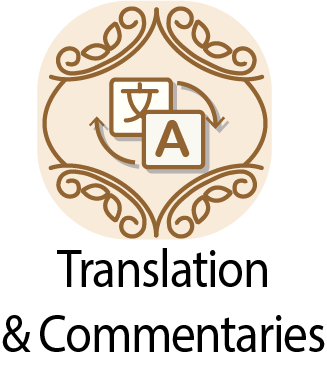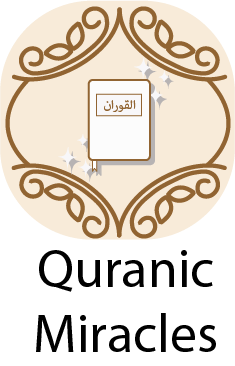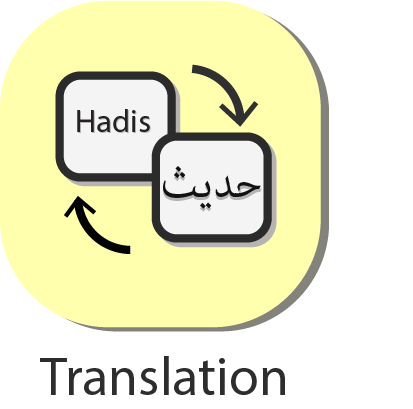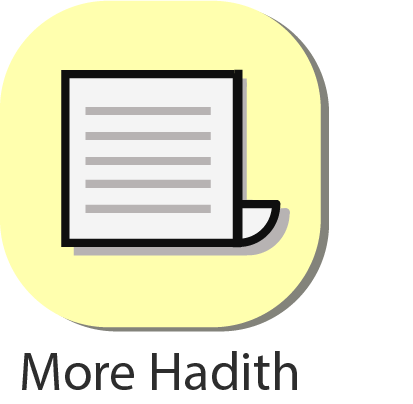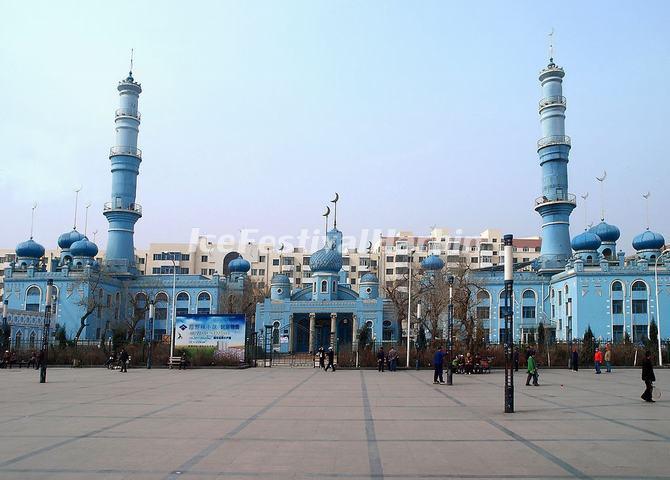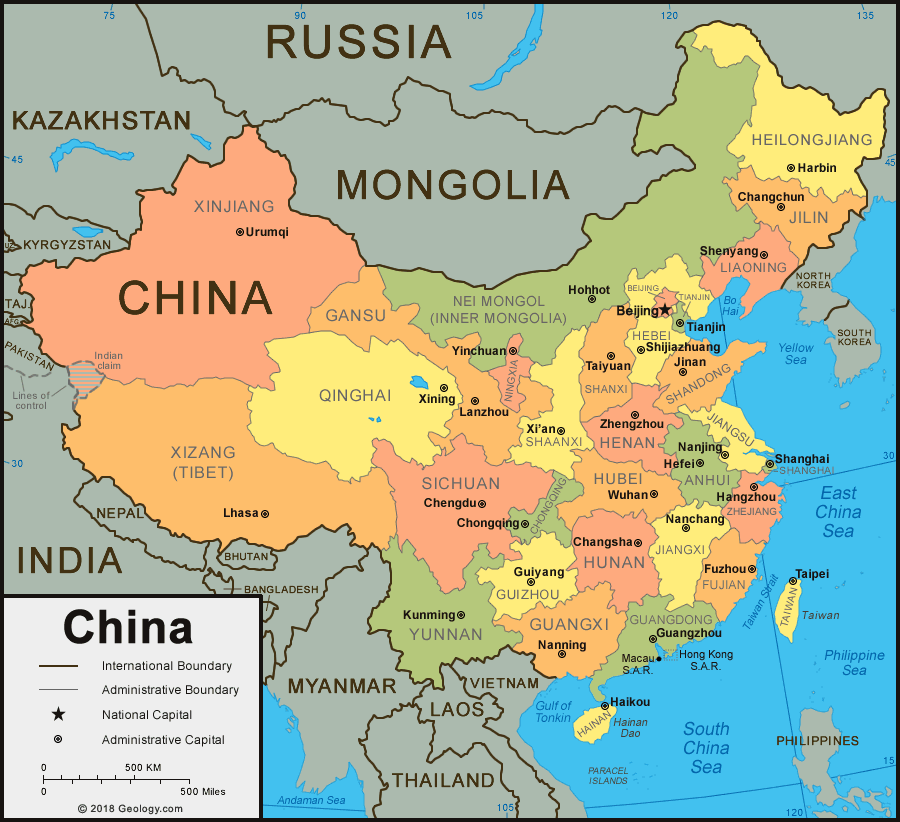884 - An-Nisa'
DAILY MOTIVATION more
_______________________________________________

The Great Mosque in Changchun
_______________________________________________
_______________________________________________
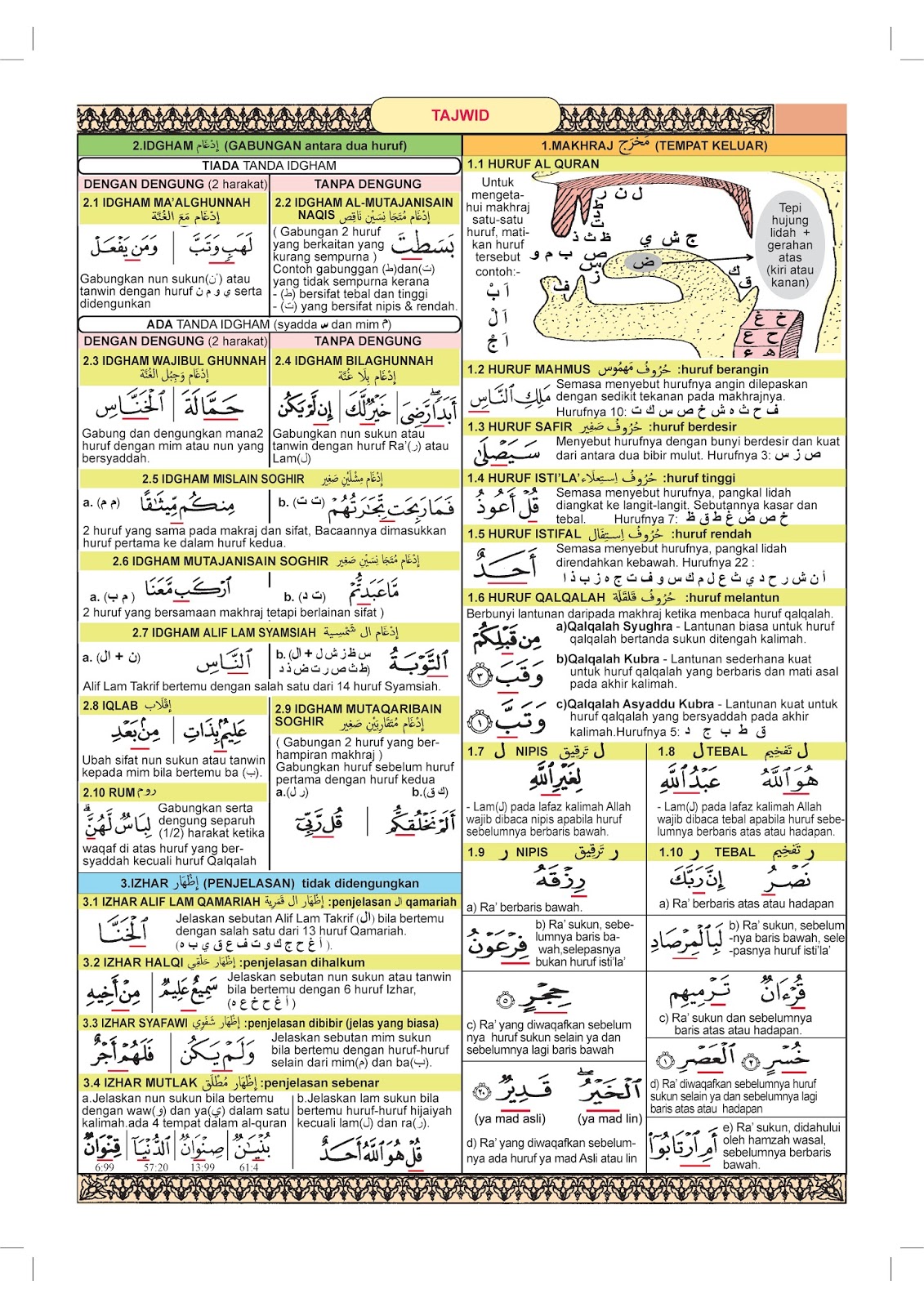

_______________________________________________
_______________________________________________
_______________________________________
Tafsir Muyassar تفسير المیسر
Saheeh International
Basmeih
Ma Jian
E......ARABIC : ENGLISH : MALAY : CHINESE
Tafsir Muyassar تفسير المیسر : Saheeh International : Basmeih : Ma Jian
_____________________________________________
Tafsir Muyassar تفسير المیسر
_______________________________________
_______________________________________
Saheeh International
_____________________________________________
_____________________________________________
Basmeih
______________________________________________
_____________________________________________
Ma Jian
______________________________________________
______________________________________________
E......ARABIC : ENGLISH : MALAY : CHINESE
Tafsir Muyassar تفسير المیسر : Saheeh International : Basmeih : Ma Jian
______________________________________________
______________________________________________
3. LEARN ARABIC : OTHER LANGUAGES






|
فعل
مجهول
مضارع |
فعل
مجهول
ماض |
فعل
معلوم
مضارع |
فعل
معلوم
ماض |
|
|
يُفْعَلُ |
فُعِلَ |
يَفْعَلُ |
فَعَلَ |
I |
|
يُفَعَّلُ |
فُعِّلَ |
يَفَعِّلُ |
فَعَّلَ |
II |
|
يُفَاعَلُ |
فُوْعِلَ |
يُفَاعِلُ |
فَاعَلَ |
III |
|
يُفْعَلُ |
أُفْعِلَ |
يُفْعِلُ |
أَفْعَلَ |
IV |
|
يُتَفَعَّلُ |
تُفُعِّلَ |
يَتَفَعَّلُ |
تَفَعَّلَ |
V |
|
يُتَفَاعَلُ |
تُفُوعِلَ |
يَتَفَاعَلُ |
تَفَاعَلَ |
VI |
|
يُنْفَعَلُ |
أُنْفُعِلَ |
يَنْفَعِلُ |
إِنْفَعَلَ |
VII |
|
يُفْتَعَلُ |
أُفْتُعِلَ |
يُفْتَعِلُ |
إِفْتَعَلَ |
VIII |
|
يُفَعَّلُ |
أُفْعِلَّ |
يَفْعَلُّ |
إِفْعَلَّ |
IX |
|
يُسْتَفْعَلُ |
أُسْتُفْعِلَ |
يَسْتَفْعِلُ |
إِسْتَفْعَلَ |
X |
|
مصدر |
فعل
النهي |
فعل
الأمر |
|
|
فَعْلٌ |
لاَتَفْعَلْ |
إِِفْعَلْ |
I |
|
تَفْعِيْلٌ |
لاَتُفَعِّلْ |
فَعِّلْ |
II |
|
مُفَاعَلَةٌ |
لاَتُفَاعِلْ |
فَاعِلْ |
III |
|
إِفْعَالٌ |
لاَتُفْعِلْ |
أَفْعِلْ |
IV |
|
تَفَعُّلٌ |
لاَتَتَفَعَّلْ |
تَفَعَّلْ |
V |
|
تَفَاعُلٌ |
لاَتَتَفَاعَلْ |
تَفَاعَلْ |
VI |
|
إِنْفِعَالٌ |
لاَتَنْفَعِلْ |
إِنْفَعِلْ |
VII |
|
إِفْتِعَالٌ |
لاَتَفْتَعِلْ |
إِفْتَعِلْ |
VIII |
|
إِفْعِلاَلٌ |
|
|
IX |
|
إِسْتِفْعَالٌ |
لاَتَسْتَفْعِلْ |
إِسْتَفْعِلْ |
X |
|
إسم
الألة |
إسم
المكن
الزمان |
إسم
المفعول |
إسم
الفاعل |
|
|
مِفْعَلٌ |
مَفْعَلٌ |
مَفْعُولٌ |
فَاعِلٌ |
I |
|
|
مُفَعَّلٌ |
مُفَعَّلٌ |
مُفَعِّلٌ |
II |
|
|
مُفَاعَلٌ |
مُفَاعَلٌ |
مُفَاعِلٌ |
III |
|
|
مُفَعَلٌ |
مُفْعَلٌ |
مُفْعِلٌ |
IV |
|
|
مُتَفَعَّلٌ |
مُتَفَعَّلٌ |
مُتَفَعِّلٌ |
V |
|
|
مُتَفَاعَلٌ |
مُتَفَاعَلٌ |
مُتَفَاعِلٌ |
VI |
|
|
مُنْفَعَلٌ |
مُنْفَعَلٌ |
مُنْفَعِلٌ |
VII |
|
|
مُفْتَعَلٌ |
مُفْتَعَلٌ |
مُفْتَعِلٌ |
VIII |
|
|
مُفْعَلٌ |
مُفْعَلٌ |
مُفْعِلٌ |
IX |
|
|
مُسْتَفْعَلٌ |
مُسْتَفْعَلٌ |
مُسْتَفْعِلٌ |
X |
_______________________________________________
_______________________________________________
4. ANSWERING CRITIQUES ON ISLAM
_______________________________________________
_______________________________________________
_______________________________________________
_______________________________________________
_______________________________________________
_______________________________________________
_______________________________________________
_______________________________________________
_______________________________________________
_______________________________________________
٨٨
dan tidaklah|we send
kami mengutus|from
dari|Messenger
Rasul|except
kecuali
untuk ditaati|by permission
dengan izin|Allah
Allah||and if
dan sekiranya|they are indeed
mereka sungguh|when
apabila|they wronged
mereka menzalimi|themselves
diri sendiri
mereka datang kepadamu|then they begged for forgiveness
maka mohonlah keampunan|of Allah
kepada Allah|and had begged forgiveness
dan mohon keampunan|for them
untuk mereka|the Messenger
Rasul
nescaya mereka mendapati|Allah
Allah|the accepting of Repentance
Maha penerima Taubat|the Most Merciful
Maha Penyayang|64|but not
tidaklah begitu|by your Lord
demi tuhan kamu|not
tidaklah|they believed
mereka beriman
sehingga|they made you as a judge
mereka menjadikan kamu sebagai hakim|what over which
dalam perkara|disputed
perselisihkan|among them
antara mereka|afterwards
kemudian|not
tidaklah|they did find
mereka mendapati
dalam|theirselves
hati mereka|dislike
keberatan|of what
tentang|you had decided
keputusan engkau|and they submitted
dan mereka menerima|with entire submission
dengan sepenuhnya|65
88
Hadith : Conversation
Hadis : Perbualan
_______________________________________________
_______________________________________________
_______________________________________________
_______________________________________________
_______________________________________________
_______________________________________________
World Islamic History : 88 H
12/12/706 -30/11/707 CE
_______________________________________________
_______________________________________________
_______________________________________________
_______________________________________________
_______________________________________________
_______________________________________________
Northeast China : Asia
Heilongjiang : Jilin : Liaoning
NORTHEAST CHINA REGIONS
1. HEILONGJIANG : Harbin
Pop : 38.3 million Muslim : 101,749
_____________________________
2. JILIN : Changchun
Pop 27.4 million Muslim
3. LIAONING : Shengyang
_______________________________________________
_______________________________________________
_______________________________________________
_______________________________________________
Muslim Population in China
At present, there are more than 1.4 billion Muslims in the world, accounting for 19.32 percent of the total population, and there are quite a few Muslims in China.
Muslim population in China was estimated as 20.32 million in 2012. It accounts for about 1.64% of China total population, 20% of Chinese ethnic population and 1.7% of the world's 1.2 billion Muslims.

Muslim Distribution in China
The total number of Muslims in China is 20 million, which is a significant figure. Muslim population in China mainly distribute in southwestern China such as Xinjiang, Gansu, Ningxia, Qinghai etc.
Top Ten Muslim Provinces in China (2010 Statistics)
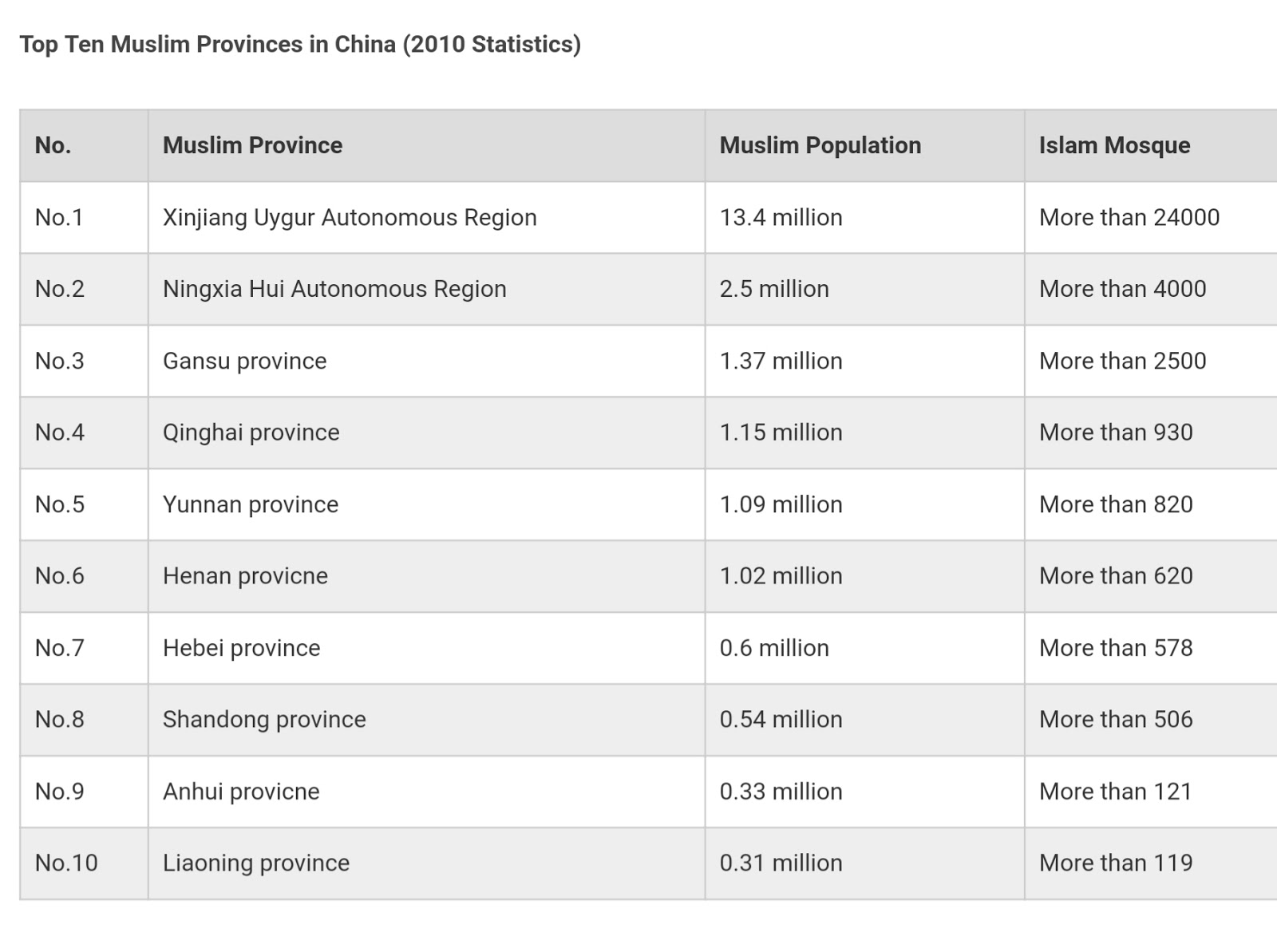

Other Muslim Provinces or Cities in China

Muslim Minority in China
A total of 10 nationalities believed in Islam in China, they respectively are: Hui, Uygur, Kazak, Uzbek, Tajik, Tatar, Kirgiz, Salar, Dongxiang and Bonan.

The Hui population is about 11 million. The population is distributed widely and in small concentrations. There are Hui people all over the country. For example, there are special Hui areas in Luoyang. The Hui minority generally speak Chinese.

The Uygur population is about 10 million, mainly in Xinjiang Uygur Autonomous Region, most of which live in the southern Xinjiang. The Uygur nationality generally speak Uyghur.

Kazakhstan has a population of about 1.6 million people, mainly in the northern Autonomous Prefecture of Yili Kazak in Xinjiang. The Kazakhstan generally speak Kazak.

The Khalkhas, also known as the kyrgyz, have a population of about 200,000, 80 percent of which live in Zile Kurtz Autonomous Prefecture of southern Xinjiang, and the rest are in other counties in the west and north of southern Xinjiang. Korkiz is spoken, as well as Uyghur.

The Tajik population is about 60,000, and 60% are distributed in the Tajik Autonomous County of Tashkuran in the eastern part of the Pamirs Plateau, and 40% of the population is scattered in Shadong, Zepu, Yecheng, Pishan and other counties. The Tajik people speak Tajik language, which belongs to the Iranian language family.

With a population of about 14,000, ethnic Uzbeks live in Urumqi, Yining, Tacheng, Shatong, Kashgar and other cities in Xinjiang. The Uzbek nationality speak Uzbek language which belongs to Altay language.

The population of the Tatar ethnic group is about 4,000, scattered in Urumqi, Yining, Tacheng and other cities, and mixed with the Uygur and Kazak ethnic groups. The Tatar people speak the Tatar language, which belongs to the Altai language family.

The population of Sala is about 87,000. Their main settlement is the Xunhua Salar Autonomous County in Qinghai province, and the rest mainly live in the Huilong Hui Autonomous County of Qinghai province and the Baoan ethnic group, Dongxiang and Sala Autonomous Counties in Gansu Province. The Sala language is spoken by Salah people, which belongs to the Altai language family.

The population of Dongxiang ethnic group is about 373,000, mainly living in the Dongxiang Autonomous County of Linxia Hui Autonomous Prefecture of Gansu province. The rest are scattered in other Linxia counties, Lanzhou, Ningxia, Qinghai, Changji, Yili and Tacheng in Xinjiang.

The population of Baoan is about 10,000. They mainly live in the Baoan ethnic group, Dongxiang and Sala Autonomous Counties in Gansu Province. The Baoan people speak the Baoan language, which belongs to the Altai language family. But most of them speak Chinese.

More Related:
- Muslim in Inner Mongolia
- Muslim in Yunnan
- Muslim in Jiangsu
- Muslim in Henan
- Muslim in Zhejiang
- Muslim in Shanghai
- Muslim in Beijing
- Map of Chinese Muslim
- Muslims in China
- Muslim in Xinjiang
- Muslim in Gansu
_______________________________________________
_______________________________________________

